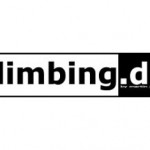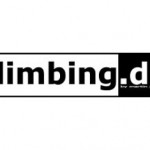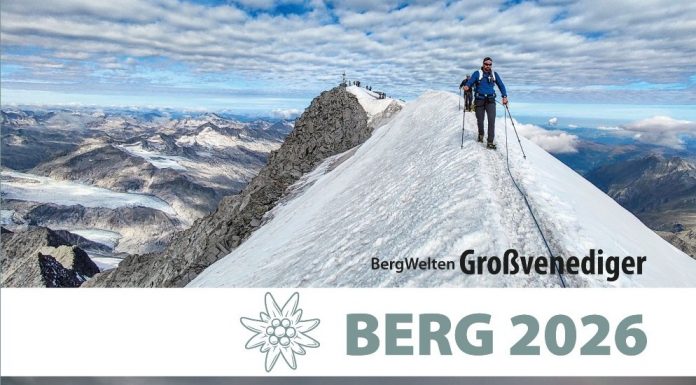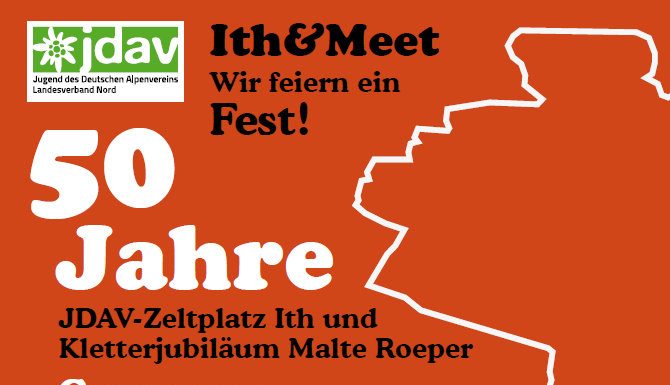Nicas PosterUKC Articles, 18 May 2009© BMCDo you know your MIA from your SPA? UKClimbing.com has a new series on mountain instruction awards.For some people, commuting to work means walking to the foot of a crag, hill, mountain, frozen waterfall or glacier. A day in the office means a day walking or climbing. Sounds good? These are the perks of life as a mountain instructor. Sounds like you? Good on you. It'll be a very rewarding job ? everyone remembers a good teacher. Whether you just want to instruct at an outdoor centre at weekends, have vertical ambitions of fast-tracking up to International Federation of Mountain Guides carnet, or want to be somewhere in between, we've made it simple for you to discover how to launch and develop your outdoor career.In this new series of articles we will explain each mountain qualification available in the UK. We'll also explain how they all fit together, and how you can get qualified.Each set of articles will be accompanied by a live Question and Answer session in the UKC Forum, so if you have any questions, you can ask an expert.Guy Jarvis will be live on UKC on Thursday the 21st of May 2009 to discuss NICAS.Our first article is about NICAS. You can read it here: UKC NICAS ARTICLENICAS is a series of certificates achieved through indoor climbing. It is mainly aimed at young people. It is a bit like earning your swimming badges, but for climbing. The rest of our articles focus on instructional qualifications.Mountain Leader Training UK (MLTUK) is the co-ordinating body for all mountain training schemes in Britain, overseeing the training and assessment of leaders, instructors and guides.Rachael Hinchliffe (MLTUK) bouldering at the RAC Boulders, North Wales© Jack Geldard – Editor – UKC, 19 May 2009To introduce the new series, Rachael Hinchliffe from MLTUK explains the process for becoming an outdoor instructor, how you work up the ladder to international guide (if you want to) and why it's important to get a nationally recognised qualification anyway: ?In the UK there is no legal requirement to have a qualification before coaching people in the outdoors. However, if an accident occurs, one of the first questions raised will be: how can you prove you are a competent instructor and weren't to blame? It would be difficult to get insurance or work without a qualification. Going on a mountain training or assessment course is an incredibly rewarding experience, too, as you'll learn a great deal along the way. Mountain Leader Training UK was set up in the 1960s to offer formal training in coaching outdoors. The ML arrived first and, since then, different qualifications have been designed and developed to cater for instructing the different strands of mountaineering. These awards slot together into a hierarchical system and you need to gain some before you can go for others. The Climbing Wall Award is the most recent addition and was introduced to cater for the massive rise in artificial climbing. We design the syllabus for each mountain award, approve course providers and maintain quality standards by visiting and moderating courses. When you register for an award you get a log book and a registration number. You must meet certain provisos before registering and, in between the training and assessment courses, you have to gain and record more experience. Once you've got one of our awards, you can join the Mountain Leader Training Association. It's a separate organisation that helps instructors keep up-to-date with further training, support and networking. The association focuses primarily on those around the middle ML and SPA level and has around about 1,500 members. For those operating at the MIA/MIC level, their representative body is the Association of Mountaineering Instructors (AMI).If you want to teach alpinism (or take people skiing) you'll need to apply for the International Federation of Mountain Guides Scheme, it's recognised throughout the world.At the other end of the scale, the National Indoor Climbing Achievement Scheme (NICAS) is also a separate scheme. It's targeted mainly at young climbers and was recently developed by the Association of British Climbing Walls. The aim is to encourage and accredit development and achievement in artificial climbing. One last thing – there is a separate MLT board for each of the four nations in the UK and applicants need to apply to the board for the country they live in. Each board runs the same courses but has its own areas of responsibility, too. Mountain Leader Training Scotland's responsibility, for example, is winter mountaineering. It might seem like a complicated system, but it is one that has evolved. I don't think anyone here realised how big and popular Mountain Leader Training would become. We receive around 7,500 to 10,000 applications a year and are only a small organisation!? You can find out more on www.mltuk.org Some small print specific to MLTUK awards: With a few minor exceptions, MLTUK awards qualify you to teach or guide in the UK only.You need to be a member of a mountaineering council (British Mountaineering Council, Mountaineering Council of Scotland or Mountaineering Ireland) to register for any MLTUK award. You will need a valid first aid certificate to gain any MLTUK award.You may be allowed to skip a training course and proceed directly to the assessment if you have really, really good experience.If you have generally performed well and demonstrated the necessary experience and skills but weren't completely proficient you might get 'deferred' rather than failed. This means you just need to take a one day re-assessment of the weak area.If you are deferred or failed, you can't take another assessment for three months. Diesen Artikel inkl. Bilder auf UKClimbing.com anschauen
- Home
- News
- Videos
- Fotos
- Klettergebiete
- Unternehmen & Produkte
- Themen
- Themen beginnend mit 0-9
- Themen beginnend mit A
- Themen beginnend mit B
- Themen beginnend mit C
- Themen beginnend mit D
- Themen beginnend mit E
- Themen beginnend mit F
- Themen beginnend mit G
- Themen beginnend mit H
- Themen beginnend mit I
- Themen beginnend mit J
- Themen beginnend mit K
- Themen beginnend mit L
- Themen beginnend mit M
- Themen beginnend mit N
- Themen beginnend mit O
- Themen beginnend mit P
- Themen beginnend mit Q
- Themen beginnend mit R
- Themen beginnend mit S
- Themen beginnend mit T
- Themen beginnend mit U
- Themen beginnend mit V
- Themen beginnend mit W
- Themen beginnend mit X
- Themen beginnend mit Y
- Themen beginnend mit Z
- Routendatenbank
Climbing.de ist eine der ältesten deutschsprachigen Bergsportseiten im Internet.
Seit 1998 präsentiert Inhaber Martin Joisten, dessen Texte und Bilder in zahlreichen nationalen und internationalen Publikationen zu finden sind, aktuelle Informationen aus der Welt des Bergsports.
Seit 1998 präsentiert Inhaber Martin Joisten, dessen Texte und Bilder in zahlreichen nationalen und internationalen Publikationen zu finden sind, aktuelle Informationen aus der Welt des Bergsports.
Kontaktieren Sie uns: info@climbing.de
© Copyright 1998 - 2022 Climbing.de by Martin Joisten


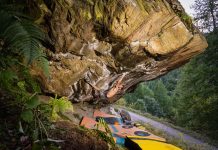
![[VIDEO] Irmgard Braun: Record Breaking Rock Climber Who Gets Stronger Every Year Irmgard Braun: Record Breaking Rock Climber Who Gets Stronger Every Year (c) Hannah Morris Bouldering](https://www.climbing.de/wp-content/uploads/2025/11/youtube_MpAJEENfEjg-218x150.jpg)

![[VIDEO] The Challenge – Steve McClure The Challenge - Steve McClure (c) Petzl Sport](https://www.climbing.de/wp-content/uploads/2025/11/youtube_mfK9ynVsDvI-218x150.jpg)
![[VIDEO] Silence 9c/5.15d – The journey begins for Will Bosi Silence 9c/5.15d - The journey begins for Will Bosi (c) William Bosi](https://www.climbing.de/wp-content/uploads/2025/11/youtube_ujb7YRfE-7k-218x150.jpg)
![[VIDEO] Yosemite Crack Testpiece: Connor Herson on Magic Line Yosemite Crack Testpiece: Connor Herson on Magic Line (c) Fusis Films](https://www.climbing.de/wp-content/uploads/2025/10/youtube_h4GEt5iSZpA-218x150.jpg)
![[VIDEO] Hardest Trad Flash Ever | Adam Ondra | Lexicon E11 Hardest Trad Flash Ever | Adam Ondra | Lexicon E11 (c) Mammut](https://www.climbing.de/wp-content/uploads/2025/06/youtube_SAUyrDLG5xM-218x150.jpg)
![[VIDEO] Rocklands: A trad diary by James Pearson & Caroline Ciavalidini](https://www.climbing.de/wp-content/uploads/2014/12/youtube_Sr7siyqnx5M-150x150.jpg)
![[VIDEO] Mina Leslie-Wujastyk on "Mecca Extension" (8c)](https://www.climbing.de/wp-content/uploads/2014/12/vimeo_109289254-150x150.jpg)
